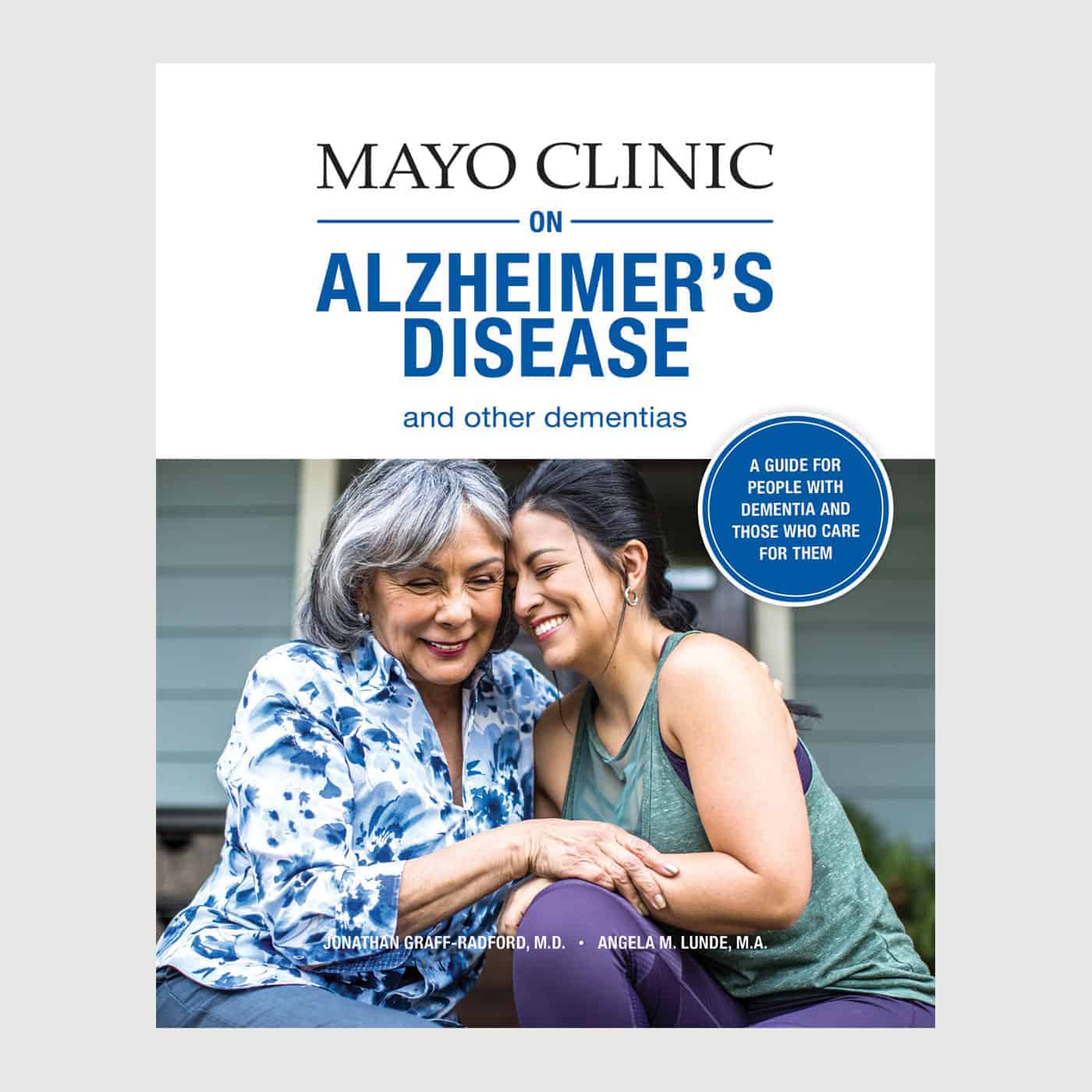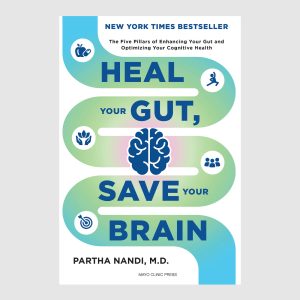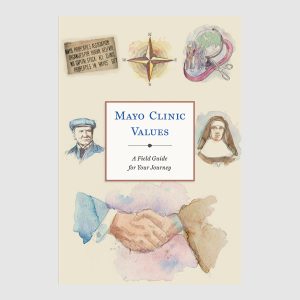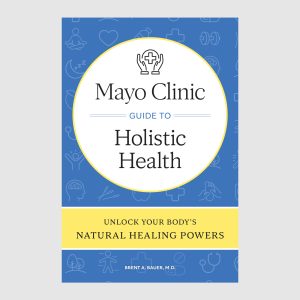
After recommending that a patient consider starting a lipid-lowering medication, she said, “I’ve heard cholesterol medications are bad for women and don’t really work anyway.”
This is something we hear commonly. Every patient can, of course, make her own healthcare decisions. But as physicians, it’s our job to explain the benefits and the risks for each recommendation and choice. Because where patients get their information matters. What one woman hears in the media or from friends might not be true for her individual health.
This particular patient is at a high enough risk for heart disease that a cholesterol-lowering medication called a statin could make a difference. Cholesterol is a waxy substance that your body can make, or it can come from your diet. High levels of cholesterol increase the risk for heart disease and stroke.
Here’s what we discussed.
How cholesterol affects women
You don’t see or feel high cholesterol. It’s a silent disorder, so it’s important to see your primary care team and get your blood levels checked annually. High cholesterol is a risk factor for heart disease for both men and women just like high blood pressure, diabetes, smoking and family history of early heart disease. However, for women, there are several other risk factors for heart disease that include having:
- A history of preeclampsia, high blood pressure or diabetes during pregnancy.
- Depression or insomnia.
- Gone into menopause before age 40 years (premature menopause).
- An autoimmune disorder (such as lupus or rheumatoid arthritis).
- A history of radiation for breast cancer or certain chemotherapy treatments for cancer.
High cholesterol has the same impact for women as for men in terms of increasing risk of heart disease, including coronary artery disease that leads to heart attack, cerebrovascular disease that causes stroke and peripheral artery disease, which manifests as reduced blood flow to the legs and feet. Since heart disease is the No. 1 cause of death in women in the United States, heart disease and its risk factors, including high cholesterol, need to be taken seriously.
Statins can help control cholesterol
A woman’s cholesterol can shift at midlife as she goes through the menopause transition. Low-density lipoprotein (LDL), triglycerides and total cholesterol typically increase and there is a decrease in high-density lipoprotein (HDL).
Statin drugs, also known as HMG-CoA reductase inhibitors, are a class of medications that block an early step in cholesterol production in the liver.
Let’s break that down.
Many people focus on dietary cholesterol, found in eggs, red meat and dairy, as the mechanism for having elevated cholesterol. In fact, much of your body’s cholesterol is generated in the liver. Statin drugs block the enzyme HMG-CoA reductase in order to reduce the liver’s ability to make cholesterol, specifically LDL, which is often called “bad cholesterol” (Or think “L” is for lousy.) This, in turn, reduces the amount of lipid circulating through your body and laying down harmful plaque. When cholesterol builds up, it lines the walls of the arteries, which increases risk of heart disease and stroke.
Most women do well on statins, and the medication does lower their incidence of cardiovascular disease. In fact, statins reduce heart attack and stroke risk by about 20%. One study found that statin therapy reduced cardiovascular disease in women who hadn’t previously had a heart attack by almost half.
Who is eligible for a statin?
Statins are beneficial for people at risk for heart disease and events, including any of these groups:
- Young adults between ages 20 and 39 who have a high LDL over 190 and a family history of early heart disease.
- Adults who have ever had a heart attack, have known heart disease, had a stroke or TIA (transient ischemic attack), or have diabetes.
- Adults who have very high cholesterol, which is LDL over 190.
- Adults between ages 40 and 75 who have a higher than 20% risk of heart disease in the next 10 years. Your 10-year risk of heart disease is determined by an atherosclerotic cardiovascular disease risk calculator.
- Adults with intermediate risk, which is a 7.5% to 20% chance of having heart disease in the next 10 years and have risk enhancers.
How statins benefit women
How well statins work in women without known heart disease is a little tricky. Because women were excluded or underrepresented in many of the studies assessing how well statins prevented initial vascular events, their effect remains somewhat elusive. Women with a history of premature menopause, preeclampsia during a prior pregnancy, breast cancer, chronic inflammatory disease like rheumatoid arthritis and lupus, or persistently elevated triglycerides also are at higher risk and would likely benefit from statin therapy.
The dose matters
Depending on which statin is prescribed and at what dose, you can expect your LDL cholesterol to decrease within 1 to 3 months of starting statin therapy. Some statins are more potent (rosuvastatin, atorvastatin) than others (simvastatin, pravastatin).
Doses will vary depending on the selected statin:
- Rosuvastatin 5-40 mg.
- Atorvastatin 10-80mg.
- Simvastatin 20-80 mg.
- Pravastatin 10-80mg.
- Lovastatin 20-40mg.
- Fluvastatin 20-40 mg up to twice a day.
- Pitavastatin 1-4 mg.
If you want to get pregnant, let’s talk
Women who can potentially become pregnant — those who have not gone through menopause yet — should be aware that statin therapy might cause harm to a developing baby. Talk to your healthcare team if you’re taking a statin and become pregnant or plan to become pregnant.
You might be able to lower cholesterol without a statin
Women often ask if they can control their cholesterol levels without medication. Unless you have a genetic predisposition for high cholesterol, that’s a possibility. Using your lifestyle (diet and exercise) to manage heart disease risk and lower your cholesterol is always the first step.
These areas have the biggest impact on your cholesterol:
- Regular exercise. Try for at least 30 minutes most days. You can walk, dance, swim, ride a bike, lift weights or do any physical activity you like.
- Healthy diet. Diets like the Mediterranean diet incorporate lots of plant foods. Try to avoid highly processed foods and concentrated sweets, such as sodas, fast food and desserts as much as possible.
- Avoid toxins. Don’t smoke and limit alcohol intake to less than one drink per day. If you’re going to consume alcohol, it’s best to have it with meals.
Some diet strategies will actually help your cholesterol but whether this decreases your risk of cardiovascular events is less certain. Start with oatmeal in the morning and up your fiber intake where you can. Eat fatty fish high in omega-3 fatty acids, like salmon, tuna and mackerel. Snack on a small handful of nuts instead of chips. Throw avocados on your salads and sandwiches. Choose heart-healthy olive, canola or safflower oils instead of butter where you can.
Keep up your healthy habits even if you’re taking a statin. There’s an idea that people on statins are taking a pill, so they don’t need to change anything about their lifestyle. But experts still recommend following a healthy lifestyle.
Side effects to expect
Muscle and joint pain are the most reported side effects of statin therapy and occur more frequently in women taking these drugs. Sometimes, this achiness is statin specific, so if you change to another cholesterol-lowering medication you may not have the achiness. In the past, healthcare professionals recommended taking a CoQ10 supplement to offset this achiness. While generally safe and well tolerated, CoQ10 supplementation does not clearly improve this side effect.
Other side effects associated with statin use include increased blood sugar. The risk of new-onset diabetes after starting statin therapy is rare and should not be a reason to avoid statins. You may want to watch your labs after you begin statin use to be sure, however.
Some strategies to reduce side effects with statins are to take a lower dose, change the specific statin you take and move to every other day dosing. For women at high risk for heart events, some statin is better than no statin. Fatigue is infrequently associated with statin use, though whether the medication causes this side effect can be difficult to tease out in people taking statins who already have vascular disease or diabetes.

Relevant reading
Mayo Clinic on Alzheimer's Disease and Other Dementias
Are there ways you can lower your risk of dementia? Can it be prevented? Can you live well with dementia? If so, how? Mayo Clinic on Alzheimer’s Disease and Other Dementias provides answers to these important questions and more.





















